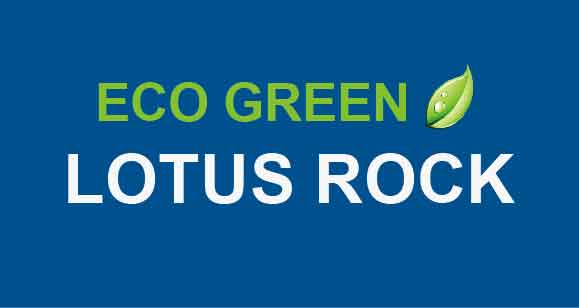 If there is one word that has been over-used for marketing purposes in the last decade it is “green”. Within society increasing concerns about climate change, and whether economic growth is compatible with environmental protection, has led companies all over the world to market their products as eco-friendly and “green”. However, it has now reached the point where the inclusion of any recycled or natural resource in a product, no matter how small a part it forms of the whole, is used to justify the label “green”. This term for eco-friendly products has been used so frequently over the years that its meaning to most consumers has become quite vague and ambiguous. One way to consider whether a product is eco-green would not be so much its composition, but instead how durable it is. An item which needs to be replaced every year consumes five times as many resources as an item which lasts for five years. It is for this reason, its durability, that a cooking utensil such as a frying pan can be labelled and marketed as ‘eco-green’. All Lotus Rock pans are suitable for long-term use and for this reason are labelled as ‘eco-green’. Lotus Rock is highly durable for a number of reasons:
If there is one word that has been over-used for marketing purposes in the last decade it is “green”. Within society increasing concerns about climate change, and whether economic growth is compatible with environmental protection, has led companies all over the world to market their products as eco-friendly and “green”. However, it has now reached the point where the inclusion of any recycled or natural resource in a product, no matter how small a part it forms of the whole, is used to justify the label “green”. This term for eco-friendly products has been used so frequently over the years that its meaning to most consumers has become quite vague and ambiguous. One way to consider whether a product is eco-green would not be so much its composition, but instead how durable it is. An item which needs to be replaced every year consumes five times as many resources as an item which lasts for five years. It is for this reason, its durability, that a cooking utensil such as a frying pan can be labelled and marketed as ‘eco-green’. All Lotus Rock pans are suitable for long-term use and for this reason are labelled as ‘eco-green’. Lotus Rock is highly durable for a number of reasons:
- Strong construction. With a heavy-gauge steel substrate and a thick layer of ceramic on both the interior and exterior of all pans, Lotus Rock pans will not warp or disfigure easily. Carbon steel is a very dense material, and the 2.0mm gauge used in all Lotus Rock pans makes them strong and long-lasting,* unlike pans made with aluminum, a material with a very low density, which can be dented and disfigured quite easily, for example, if accidently dropped on the kitchen floor.
- Abrasion resistance. A common complaint about non-stick pans is that the coating often peels off quite easily, making the pan unusable and requiring its replacement. A Lotus Rock pan, in contrast, is metal utensil-safe. The coating is extremely hard and can withstand scrubbing with a 3M pad for a long period of time.
- Natural non-stick release. A non-stick coating with either PTFE or ceramic sol-gel technology will, depending on its quality, eventually become a ‘stick’ pan. Once the non-stick release has worn out the pan will become difficult to clean, and the consumer will most likely discard it. In contrast the natural non-stick coating on a Lotus Rock can be renewed by simply wiping oil onto the surface before each use. This method gives the pan a much longer lifetime than a general non-stick pan.
* If the Stable Concave design is included a Lotus Rock pan’s lifetime is extended even further In addition to its durablity, a Lotus Rock pan can also because of its fast heating effect be labelled eco-green. Many professional chefs prefer carbon steel for cooking utensils such as stir woks, crepe pans, paella pans and frying pans because it heats up very quickly. This is especially so compared to other commonly used metal substrates such as aluminum or stainless steel. If the steel for a pan is produced at a thick gauge then it can heat up quickly, but also evenly across the pan’s surface. The main environmental benefit of a faster heating effect is that it saves energy from the stove top burner, thus reducing CO2 emissions. .